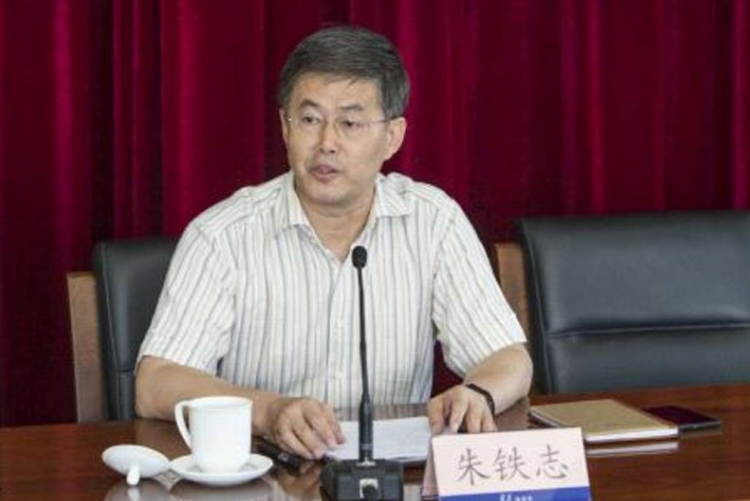
(TibetanReview.net, Jun30, 2016) – A leading ideologue of the Communist party of China has committed suicide on Jun 25 in a development seen as a fallout from President Xi Jinping’s tightening of the space for debate both within the party and in wider society. The incident is said to have sent speculations swirling over political infighting, freedom of thought and corruption.
Zhu Tiezhi, 56, a well-known essayist on party theories and the deputy editor-in-chief of Qiushi — ’Seeking Truth’— had hung himself in the magazine’s garage. Qiushi is a flagship political journal under the ruling Chinese Communist Party.
Citing an unnamed friend, Chinese media group Caixin said he had been depressed by ideological disputes in recent years between reformists and increasingly vocal conservative academics.
It quoted Zhu as having written in one of his articles that if the ruling party cannot solve real problems, “ideological debates would become empty talk to undermine the mutual trust between the party, the government it leads and the people”. In this connection, he was reported to have pointed to pressing issues, like rampant official corruption, that needed fixing before ideology.
The report has cited a friend as saying Zhu believed that a scholar must preserve his integrity, independent way of thinking and unique views. This did not sit well with the party under President Xi’s recent emphatic calls on “all members and cadres to unite behind the party lines”.
While “his aim was always to protect the party leadership,” Zhu “had fairly liberal views; he believed that the government should take care of the people, for example,” the Cantonese service of RFA.org Jun 28 quoted media commentator Jia Ping as saying. However “he got increasingly marginalized in his duties at Qiushi, which is incredibly left-wing,” Jia has added.
The report also cited Zi Su, a former lecturer at the Sichuan Provincial Party School, as saying many of the more liberal-minded thinkers in the party had been feeling increasingly alienated by the restrictive political atmosphere in recent months. Zi felt that Zhu committed suicide “because of a sense of oppression and pain at being required to act as a mere tool of the party.”
Zhu was reported to have cut his teeth on the Cultural Revolution (1966-1976)-era political journal Hongqi before moving to Qiushi in Jul 1988, where he gradually rose to management level.
The news of Zhu’s death was reported briefly by People.cn, a website run by the Communist Party’s mouthpiece the People’s Daily, on Jun 26, without elaborating on the cause.


